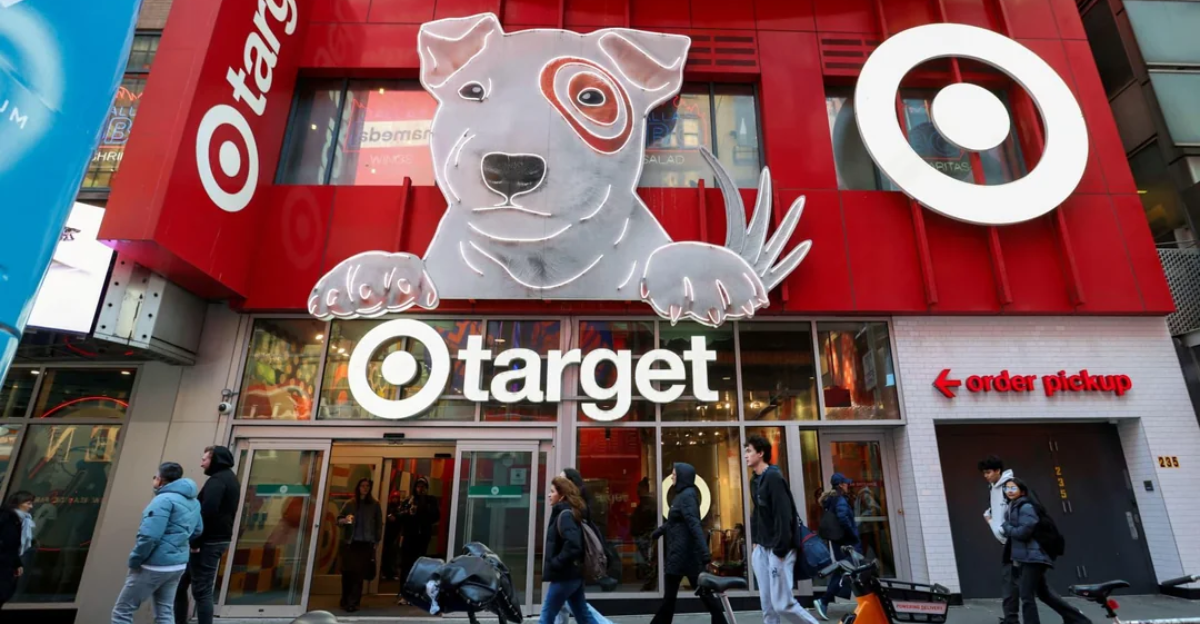
It is official. On July 28th 2025, Target is putting its foot down. Perks that businesses like Walmart and Amazon will continue to have are wiped clean off Target’s slate. Customers who are used to requesting, comparing, seeking solutions through Target’s perk are left to… well, fend for themselves. Smart deals? These now sound like a thing of the past. Is there a bigger reason for Target’s decision? What influenced this? Let’s find out what’s happening!
Target’s Looking Into Its Own Ecosystem
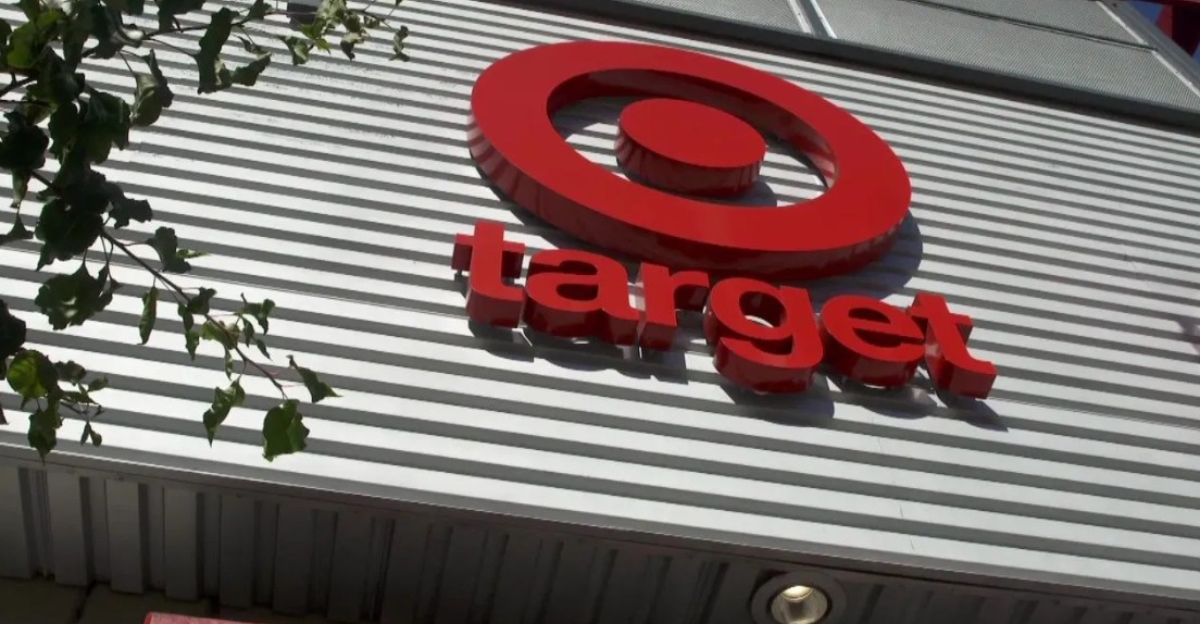
This is about the long-standing practice of matching prices with other stores. As of today, customers can request a match at checkout, or within 14 days of purchase. But in a few days, that won’t be the reality anymore. The safety net? Vanishing. However, Target is offering something a bit different: price-matching between its physical stores and Target.com. Which means that if you find the same item cheap on the app or website, you will receive an adjustment. We’re shifting from cross-retailer matching to internal price consistency, basically.
Why Now?

Target says this is happening because they need to simplify operations. Given that “most matches are already happening internally”, as they said, the wish to cut the middleman is strong. The plan moving forward involves investing in Everyday Low Prices, exclusive brands, and Member benefits. Their goal is, reportedly, to improve the predictability in promotions, and to avoid unnecessary manual adjustments through this quicker, simpler system.
It’s One Part Of A Bigger Turnaround
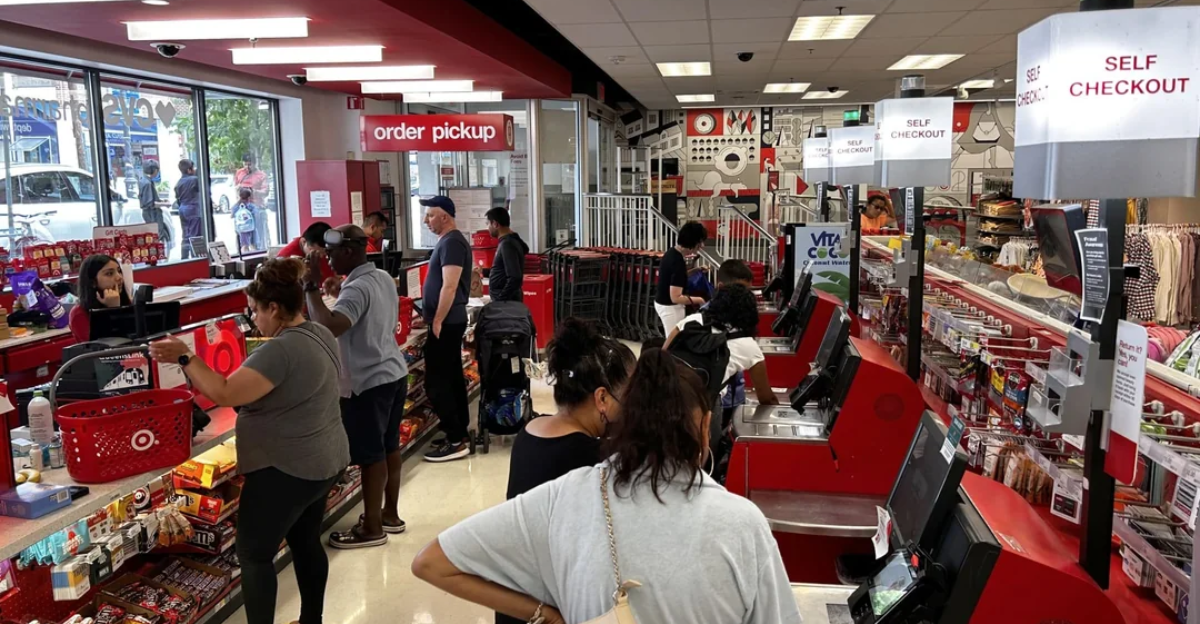
Industry watchers from Retail Dive say that this move fits with a bigger restructuring due to slow sales, as well as rising tariffs, the shift in customer spending and so on. This Target perk that’s now becoming obsolete was more of a loyalty tool for customers, but price-matching appears to become a luxury Target can’t afford anymore. Plus, there is public pressure from abroad when it comes to costs!
Customer Sentiment Splits
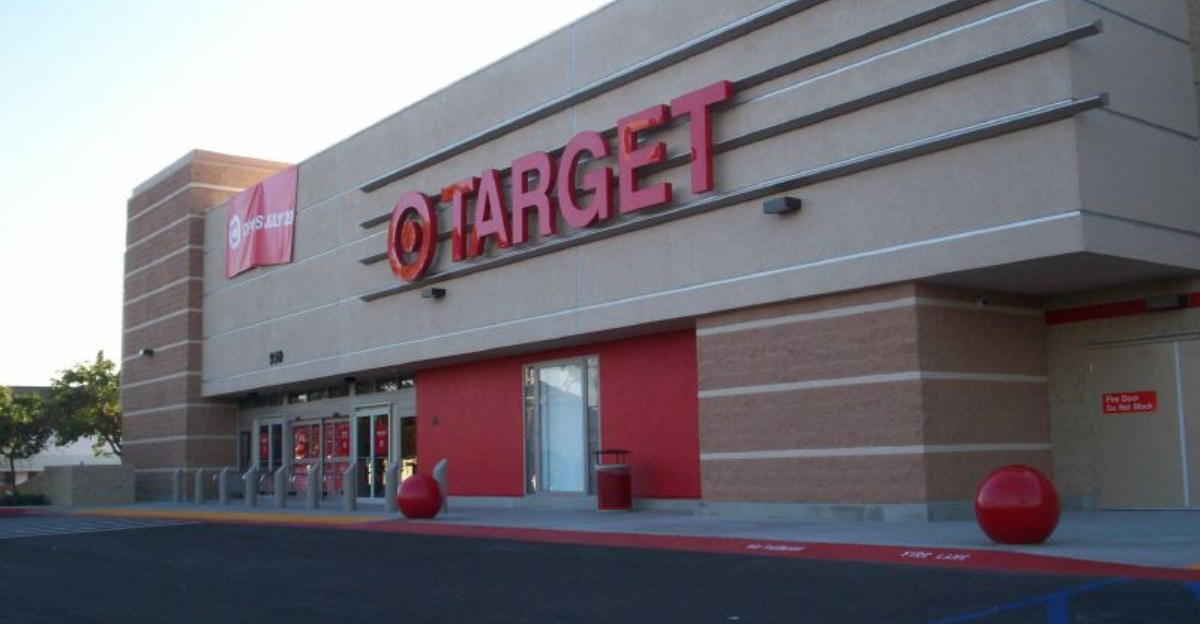
Reactions seem to be heading in both ways: positive and negative. Some reddit users are mourning the “crazy deals” matched via Amazon, while others in comments are vowing to stop shopping at Target. But there are those who remain loyal. Buyers who prioritize physical shopping, exclusive lines, the overall experience Target continues to offer. It doesn’t seem hard to guess that Target’s risky move now is counting on these core customers for the business to continue.
Saving Money vs Customer Goodwill

Analyst Ashley Dudarenok is warning us, and warning Target moreso. She says that the most likely result for the “end of safety net for consumers”, is Target losing its favor to its competitors. However, we must note that shares have gone down approximately 60% since 2021, and Q1 revenue misses estimates, so retention alone wouldn’t really justify the cost of price-matching anymore in 2025. From these claims, we might note that Target won’t be the only one of its kind to approach these policies soon enough.
Are Prices Going Up Now?
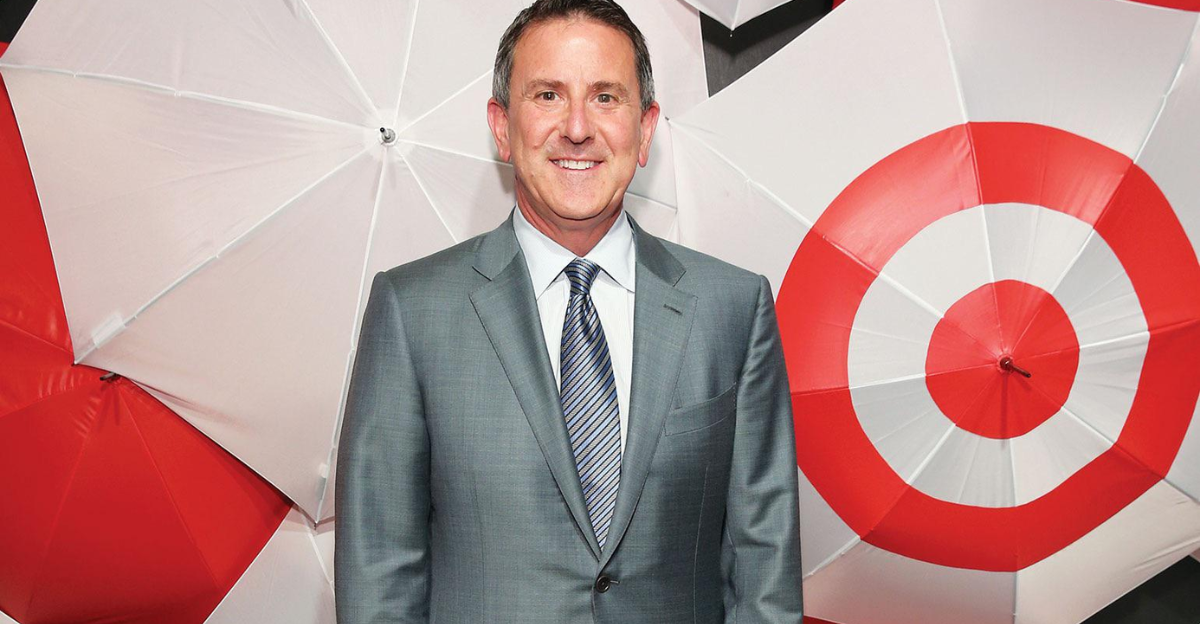
Brian Cornell, Target’s CEO, offered his input. He cautioned that due to costs increasing, as tariffs have skyrocketed this year, consumers may feel the effects pretty soon. So, price-matching is not the end of the changes Target has planned for its customers. On the contrary, it might be just the beginning. This policy helps avoid losing profit through decreasing the price, but Target has to absorb fees internally and renegotiate vendor contracts for this change to have any real effect on the business.
What This Means For You

July 28th will come. What can you do? Realistically, it’s down to two options. Match your local store to Target.com, or… shop elsewhere. Walmart and Amazon continue to do price-matching… for now. But if you have the competitor pricing downloaded into the Target app, that’s practically useless now. Since Target won’t do the price-matching anymore, you have to do more research and comparing in your own time. For bargain hunters, those who preferred what Target so far offered, this may sound like a nightmare.
Is It A Strategy? Or A Shortcut?
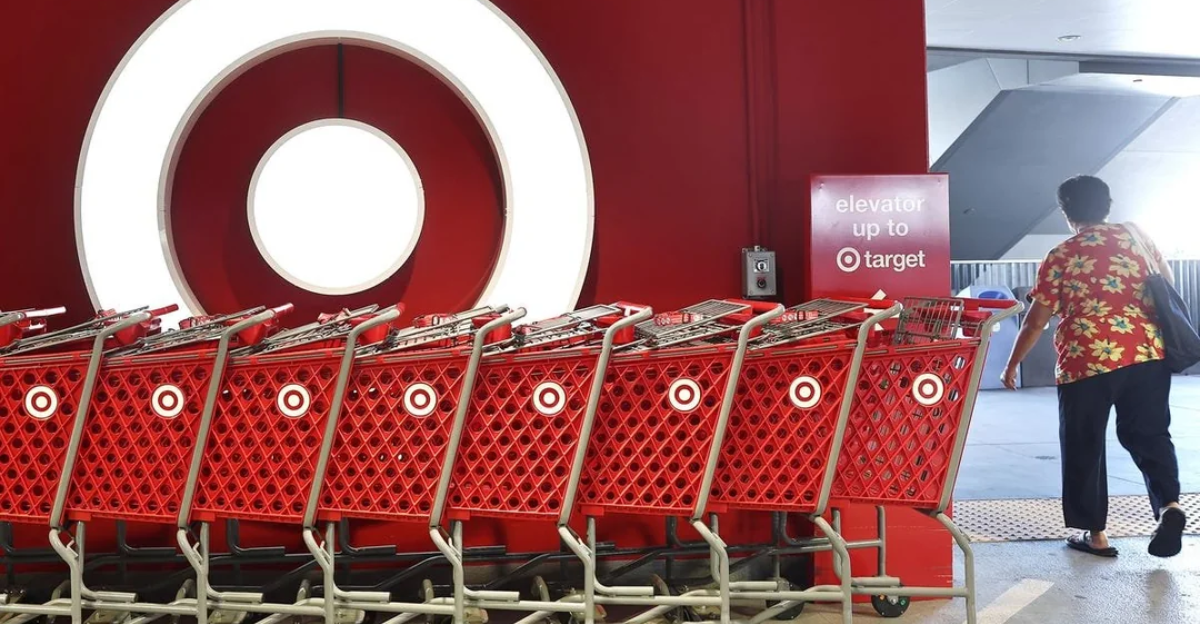
Target promises good intentions with this new policy. Efficiency first, not cost-cutting. But is it true? On Target’s side, experts say this move reduces the pressure put on administration and shields margins. In the end, success vastly depends on whether the customers believe in in-store value, or if they’re more convenience focused. Target claims to have done the math, but have they calculated all variables?
This Is A Risky Shift

The short answer is, it’s pretty impossible to know everything. In such a move, everything comes with a risk. Target made the strategic decision to rely on its brand, the experience in-store, and exclusive product lines. For the most loyal customers, this change may not even matter. It could cost nothing, but for the budget-conscious, losing price-matching perks costs everything. Should Target gain or lose reputation from this experience, only time will tell. In the meantime, we will be watching closely.